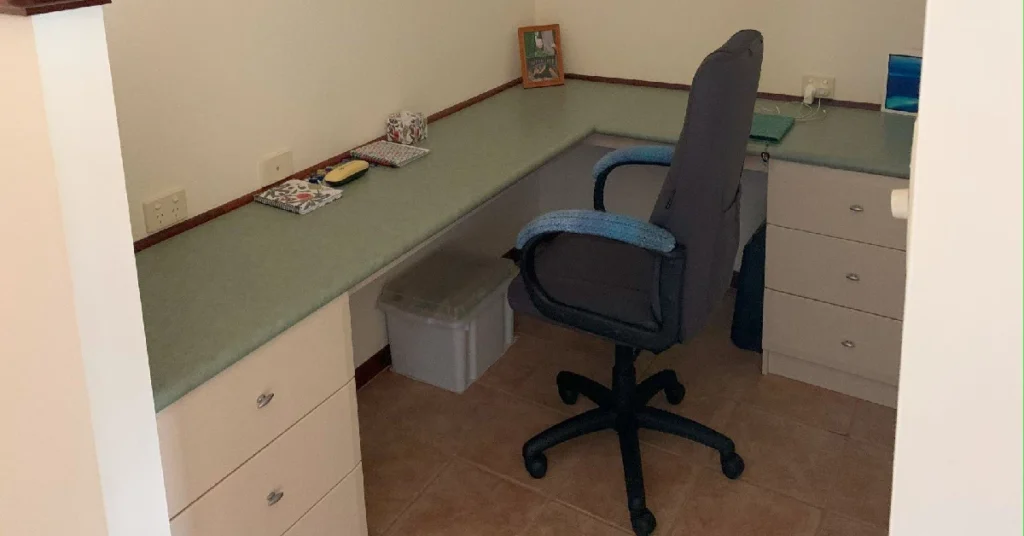The Perils of Missing Information
When you’re knee-deep in a 50-page Request for Tender (RFT) and stumble on a question that seems redundant, irrelevant, or just plain baffling, it’s tempting to skip it.
You’re not alone in wondering: Can I leave some questions blank when responding to a tender?
The short answer is no—not if you want your submission to be taken seriously, and scored high enough to win.
Why Blank Answers Are a Red Flag
Tenders are evaluated against strict, predefined criteria. Evaluators rely on your responses to score your bid accurately and fairly.
Leaving a question blank doesn’t just look lazy—it creates ambiguity and can signal one of three things: you didn’t read the tender properly, you’re hiding something, or you’re unable to meet the requirement.
None of these inspire confidence.
Even worse, many tenders include mandatory compliance questions. These are often simple yes/no questions about things like licenses, insurance, or your agreement to the proposed terms. If you leave any of these blank, your bid might be excluded automatically—no discussion, no second chances.
If It Doesn’t Apply, Say So
Sometimes a question genuinely doesn’t apply to your business. Maybe you’re a two-person consultancy being asked for fleet management processes, or your business is too new to have audited financials.
Even then—never leave it blank. Instead, explain your position. For example:
“Not applicable – our team works remotely and does not operate a company fleet.”
“As a new business (established 18 months ago), audited financials are not yet available. However, we’ve attached internal accounts and bank statements to demonstrate financial viability.”
This demonstrates professionalism and gives evaluators the information they need to assess your submission.
What Evaluators Really Think About Blanks
Procurement teams are under pressure to evaluate fairly, consistently, and quickly. Blank answers disrupt that process. Worse still, many government evaluators are not allowed to “fill in the gaps” or assume anything about your intentions. If something isn’t written down clearly, it might as well not exist.
From a scoring perspective, even an average answer gets you points. A blank gets you zero. That can be the difference between shortlisted and rejected.
Are There Any Exceptions?
Only if the tender documents clearly state that the question is optional—and even then, you should tread carefully. Optional responses are often a chance to add value or differentiate your bid. Skipping them suggests you’re only doing the minimum required, which doesn’t help your case in a competitive field.
If You’re Not Sure, Acknowledge the Gap
When you don’t have the answer or can’t provide it yet, be transparent:
“We are currently updating our insurance coverage to meet the stated requirement. A Certificate of Currency will be provided if selected for contract award.”
Better to be honest and show a plan than to say nothing at all.
Bottom Line: Never Leave It Blank
If a question seems irrelevant, explain why. If you can’t answer it, be upfront and outline your plan. If it’s mandatory, answer it clearly and completely.
Because in tendering, silence isn’t golden—it’s disqualifying.
Need Help Getting This Right?
If you’re not sure how to respond to specific questions—or if tendering still feels like a minefield—we can help. Our team supports businesses like yours in crafting strong, compliant submissions that actually win. Get in touch to find out how.












